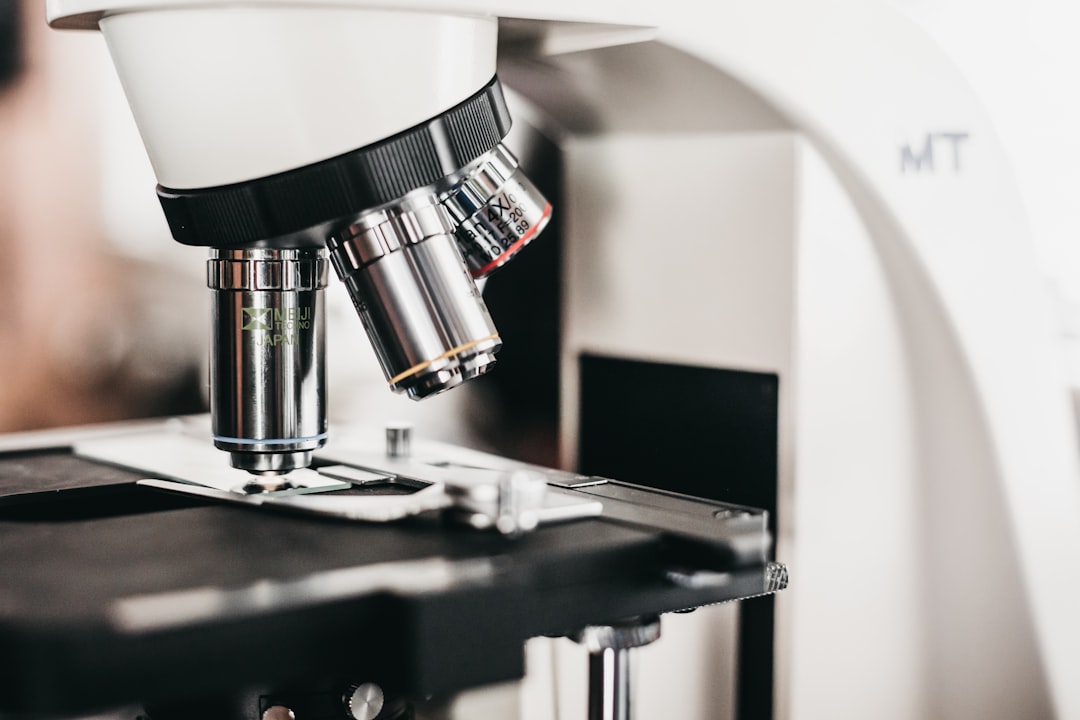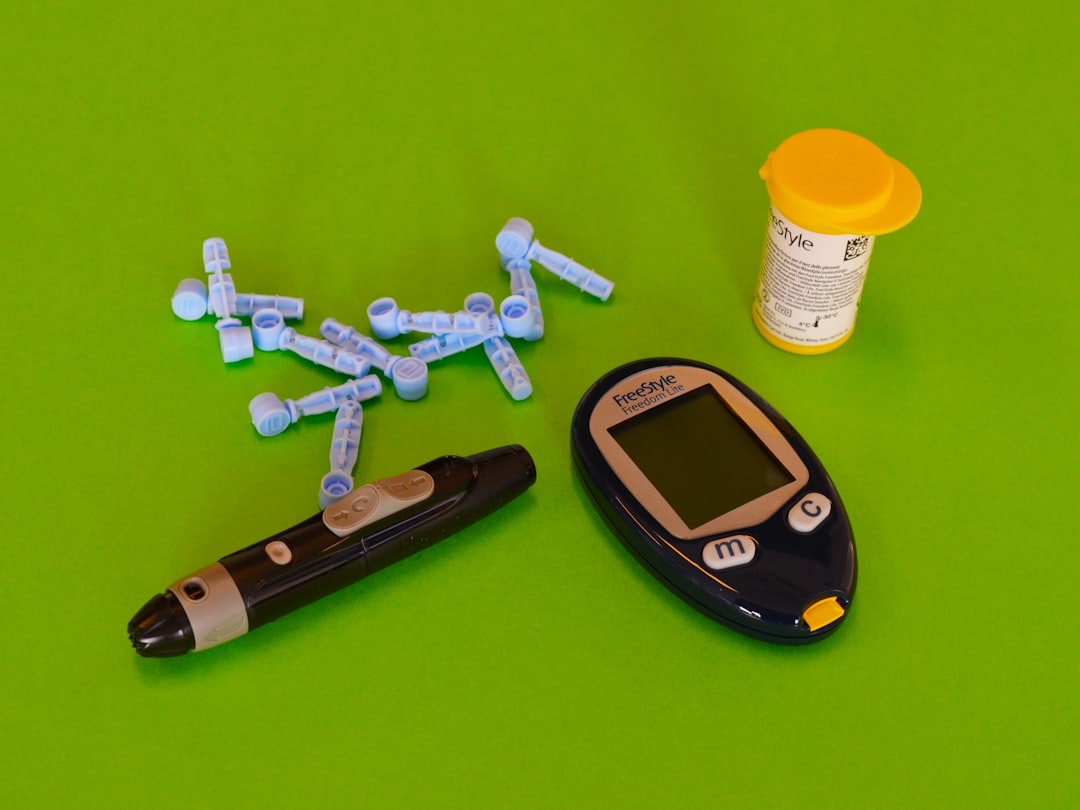What is it about?
A better understanding of the complex processes underlying coagulation and inflammation in humans is essential to improve diagnostics and therapeutic management of a wide variety of diseases. In this regard, experimental approaches using fully human models are of great importance, first to account for interspecies differences and second to reduce the number of animal experiments in biomedical research in compliance with the 3 Rs (www.nal.usda.gov/animal-health-and-welfare.) We established a protocol to analyse human whole blood ex vivo without prior decalcification. Calcium is an essential co-factor for coagulation and previously reported protocols often employ decalcification agents to prevent clotting of blood ex vivo. To establish a protocol with preserved reactivity of the coagulators system, we compared three protocols using different surface coatings of artificial materials and/ or anticoagulants. We identified a protocol using an antifouling surface coating in combination with either low molecular weight heparin or the selective factor X antagonist Foindaparinux (FPX) as feasible to incubate and analyse human whole blood ex vivo for extended times.
Featured Image

Photo by THAVIS 3D on Unsplash
Why is it important?
Establishing protocols for ex vivo incubation of human whole blood without surface and handling induced activation of the coagulation system (and therefore without clotting) on the one hand, and preserved reactivity on the other hand, are mandatory to ensure safe clinical use of foreign materials and of ex vivo circulation (as in dialysis and extra-corporal membrane oxygenation). Moreover, such protocols may present a relevant alternative for a wide range of research projects, aiming at investigating the influence of physiological and pharmacological agents on blood physiology.
Perspectives
The establishment of the presented working protocol using MPC and FPX was an important groundwork for our ongoing research on coagulation and platelet physiology in the setting of post-traumatic inflammation and coagulopathy and was since adapted and further developed by our group and others for a variety of projects.
Christian Braun
Ulm University Medical Center
Read the Original
This page is a summary of: Impact of surface coating and systemic anticoagulants on hemostasis and inflammation in a human whole blood model, PLoS ONE, January 2023, PLOS,
DOI: 10.1371/journal.pone.0280069.
You can read the full text:
Resources
Contributors
The following have contributed to this page










